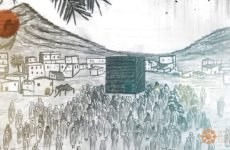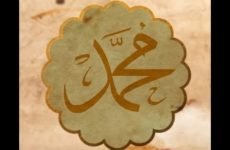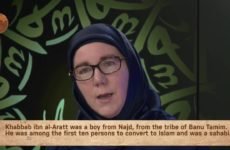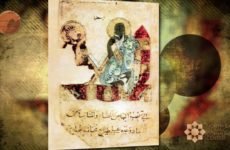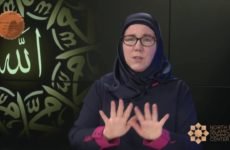The treaty of Hudaybiya was a clear victory that opened a door to new and greater victories for Muslims. The Makkan threat ended, and the Prophet Muhammad sent envoys to neighboring countries to invite them to Islam.
On the basis provided by Hudaybiya, people now had the opportunity to get to know Islam in this atmosphere of peace, and they got a chance to see the beauties in the religion of Islam. For Muslims, it was the time to take the message of Islam to people who need it.
The day after the treaty of Hudaybiya, the Prophet addressed his companions, and after giving thanks to Allah and praising Him, he said:
“O people, there is no doubt that Allah sent me as mercy upon humankind. Fulfill your duty towards me so that Allah may treat you with His mercy. I will send off some of you as ambassadors.”
As Jesus sent his disciples to different countries, the Prophet chose six companions to be sent to tribal chiefs, rulers, and kings around the Arabian Peninsula. The Prophet had a ring made for himself, and it read:
“Muhammad, Rasul (Messenger) of Allah.”
From then on, this mark would be stamped at all the letters sent. He called those six companions to his side and sent them all with letters to different regions.
Amr ibn Umayya was sent to Abyssinia (Ethiopia): The king Najashi read the letter, kissed it out of respect, and declared that he had become a Muslim. He told Amr that he has to wait for the Abyssinians’ hearts to warm up to Islam.
Dihya al-Kalbi was sent to the Byzantines: The Prophet included a Qur’anic passage into the letter. In the verse, Allah was addressing People of the Book; Jews and Christians like Heraclius himself:
O People of the Book, come to a word common between us and you,that we worship none but Allah, and associate none as partner with Him, and that none of us take others for Lords, apart from Allah…” (Al Imran 3:64)
Heraclius said to his people,
“I swear that he is the Prophet whom Jesus Christ speaks about and we have all been waiting for years! He is the Prophet whose characteristics are found in our scriptures. Then come, embrace Islam, and take your place among his followers.”
These words really made the leading men furious; there was a great uproar in the palace. Heraclius had to say:
“Calm down, I was only testing your loyalty to your own religion. Now I see that you have a belief that I was hoping for.”
In the letter Heraclius wrote back to the Prophet, he said
“Even though I invited the Romans to believe in your religion, they stayed away, had they listened to me, it truly would have been better for them.”
Hatib ibn Abi Balta’a was sent to Muqawqis, the king of Egypt and Alexandria: As a response to the letter, Muqawqis said,
“I have read your letter and understood what you have invited me to Islam! I am also aware that there is a new Prophet to come, but I had thought that he would appear in Damascus. I have kindly welcomed your envoy, and now I am sending you some presents.”
Abdullah ibn Huzafa al-Sahmi was sent to Kisra, the Persian Emperor: Kisra became very agitated by the very first sentence of the letter and shouted: “How dare he start with his own name instead my name?” He tore the letter apart and killed the envoy.
Having heard what happened, the Prophet prayed,
“Dear Lord! Tear his kingship apart just as he has torn my letter apart.”
… Years later, his prayer would be answered, and Kisra’s son Shirawayh would kill his own father, take over the throne, divided the kingdom into pieces.
Slowly but eventually there came an atmosphere of peace in the Arabian Peninsula. The companions who had been chosen to convey the message were just as important as the letters themselves. They were striving to understand the worldview of the people they were speaking to, answering their questions, and sharing the knowledge of Islam that they had been able to acquire from the Prophet himself.
Further Reading:
Haylamaz, Resit and Harpci, Fatih. Prophet Muhammad: Sultan of Hearts, II vol. New Jersey: Tughra Books, 2014.
Gülen, Muhammad Fethullah. The Messenger of God: Muhammad, An Analysis of the Prophet’s Life. New Jersey: The Light, 2006.










